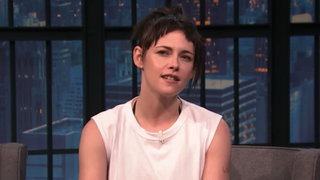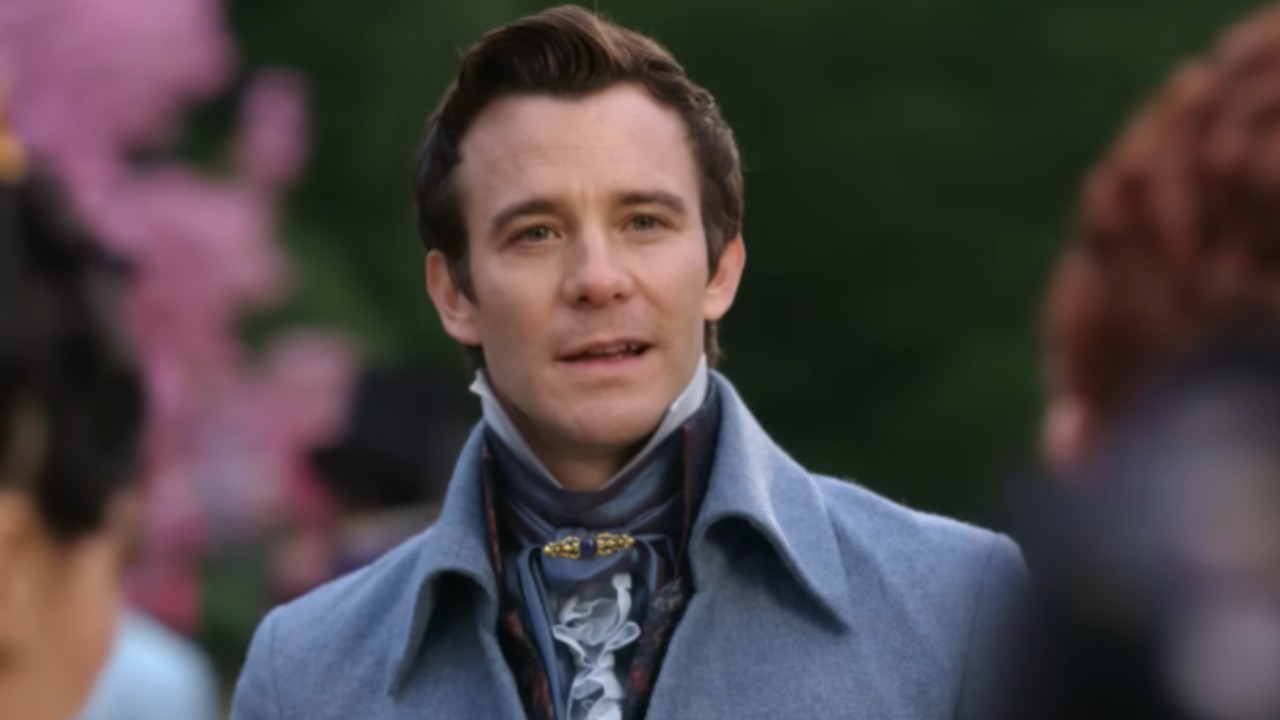Interviews
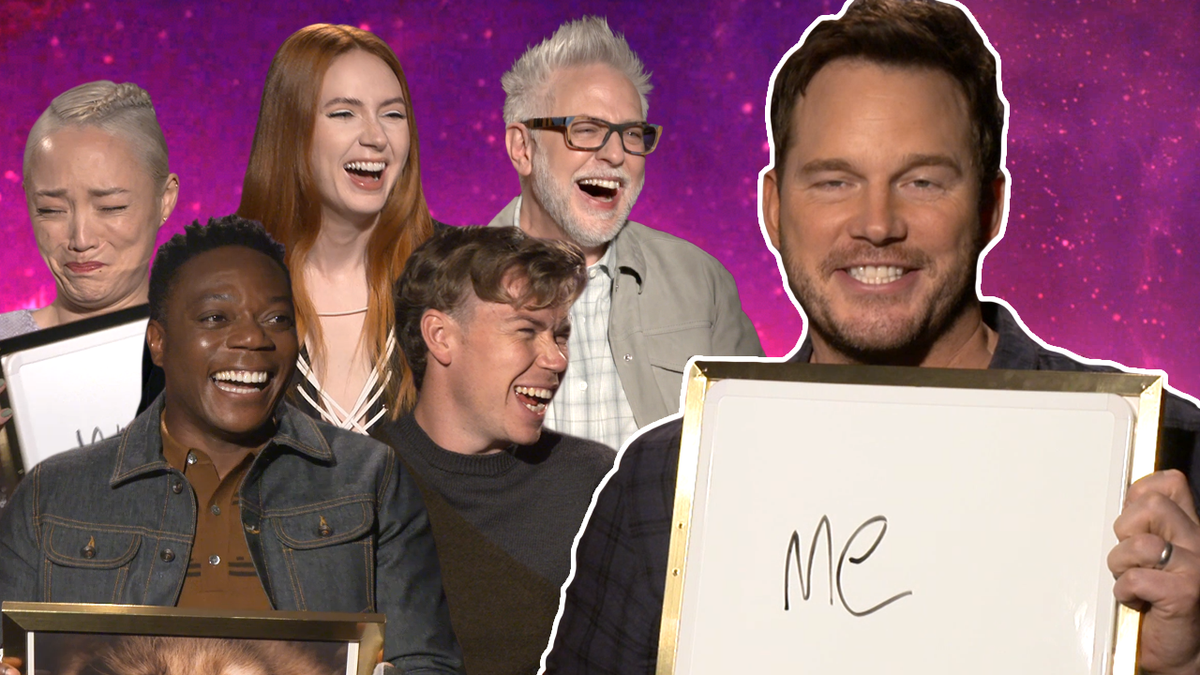
CinemaBlend frequently sits down with the talent who are responsible for the movies, television shows, streaming features, and pop-culture moments that you want to be reading more about. From Tom Hanks to the cast of Avatar, from the latest contestant on The Masked Singer to the cast of Yellowstone, CinemaBlend ample time for exclusive conversations with Hollywood's biggest stars.
And CinemaBlend prides itself on asking talent the questions that they aren't hearing from every other outlet, leading to passionate answers that are meant to educate and entertain you, our readers. If they are important in Hollywood, they are speaking with CinemaBlend.
Latest about Interviews
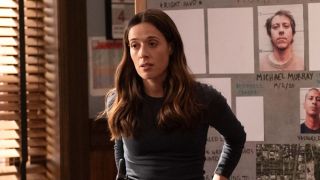
After Chicago P.D.’s Burgess Finally Gave An Update On Ruzek, Here’s What The EP Told Us About Burzek In 2026
By Laura Hurley published
Burgess dropped some details about her husband in the winter premiere.
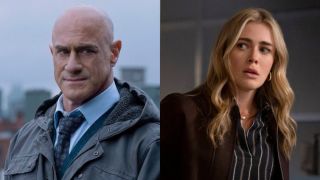
The Hunting Party's Melissa Roxburgh Addresses Season 2 Replacing Law And Order: Organized Crime On NBC
By Laura Hurley published
Exclusives Goodbye to Christopher Meloni on Thursdays, and hello to Melissa Roxburgh!
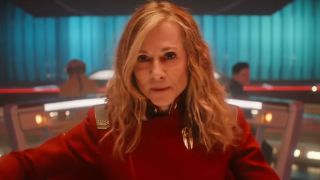
Star Trek Franchise Head Alex Kurtzman Gave Us An Update On His Contract And How He Feels About His Future
By Mick Joest published
We have some insight into what's to come.
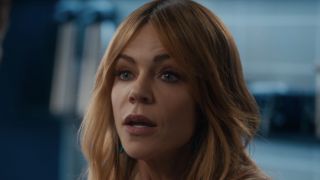
High Potential Revealed One Of Morgan’s Weaknesses In Its Winter Premiere, And The Showrunner Confirmed It’ll Take Its Toll
By Nick Venable published
Exclusives She doesn't have many vulnerabilities.
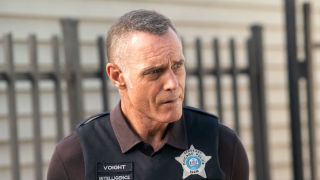
Chicago P.D. Boss Hyped The Winter Premiere's 'Ticking Clock' Cliffhanger, And I’m Curious To See How Voight Handles It
By Laura Hurley published
Exclusives Prepare for an "adrenaline ride," according to the showrunner!
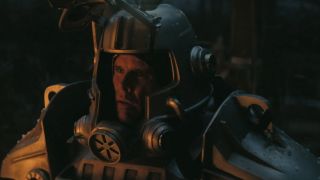
The Deathclaw In Fallout’s Latest Episode Looks Absolutely Nuts. Walton Goggins Told Us What It Was Like On Set While Shooting
By Erik Swann published
Exclusives I would've loved to have been on set for these scenes.
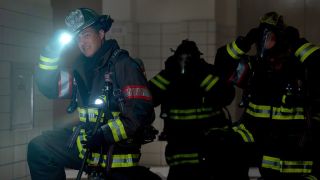
Chicago Fire Executive Producer Talks ‘Heartache’ Following Severide’s Fall Finale Cliffhanger, And I’m Worried About One Character In Particular
By Laura Hurley published
Exclusives The One Chicago drama is getting off to an intense start.
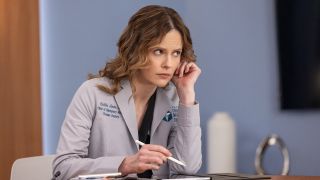
Chicago Med Boss Talks Lenox's Scary Clifhanger Ahead Of The Winter Premiere, But I’m More Intrigued By The Time Jump Tease
By Laura Hurley published
Exclusives Prepare for an eventful winter premiere of Season 11!
Your Daily Blend of Entertainment News
